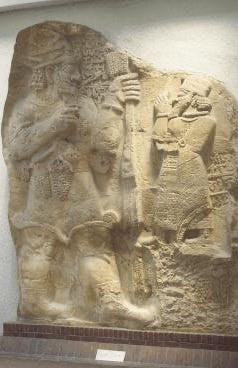What Does It Mean To Be Human?
A Conversation with Pastor and World Religions Expert Jeremy Jenkins
I had the privilege of sitting down with my friend Pastor Jeremy Jenkins recently, and let me tell you, I love the way Jeremy thinks about life, culture, religion and theology. Jeremy leads Element Church in Forest City, NC, and serves as Executive Director of All Things All People, taking the gospel into what he calls “the darkest places.” But what struck me most wasn’t his impressive ministry resume; it was his refreshing honesty about the mess of humanity and the beauty of God’s grace in the midst of it all.
(Source)1
Getting Your Hands Dirty
Jeremy’s approach to ministry reminds me of something I’ve been chewing on lately: the incarnation wasn’t just a theological event. It was a significant act of Humility. One may even say, it’s God getting His hands dirty. When Jesus took on flesh he experienced the fullness of humanity. He experienced hunger, exhaustion, rejection, and ultimately, the brutal reality of the cross.
This has profound implications for how we approach life today. Often,…



